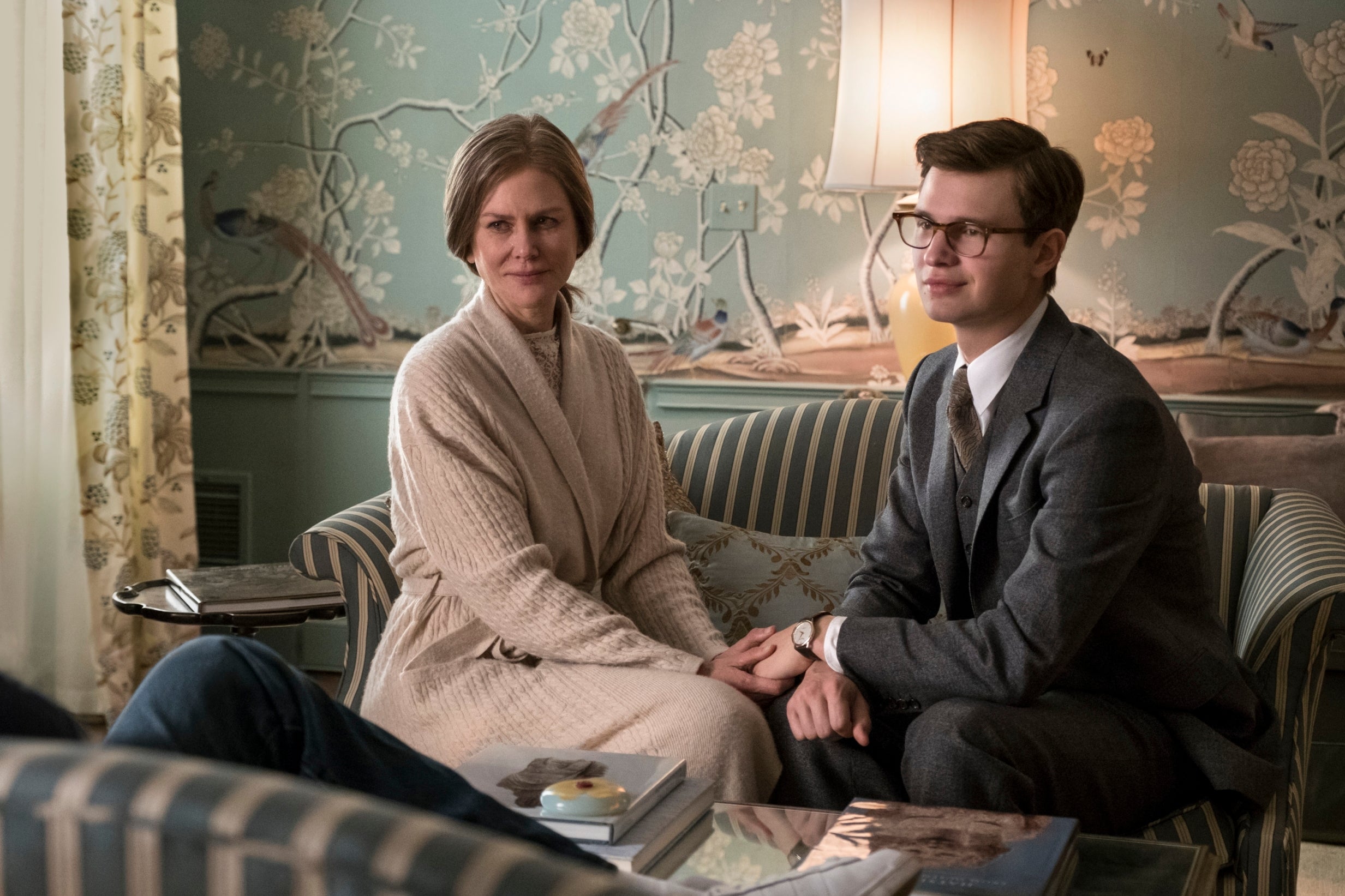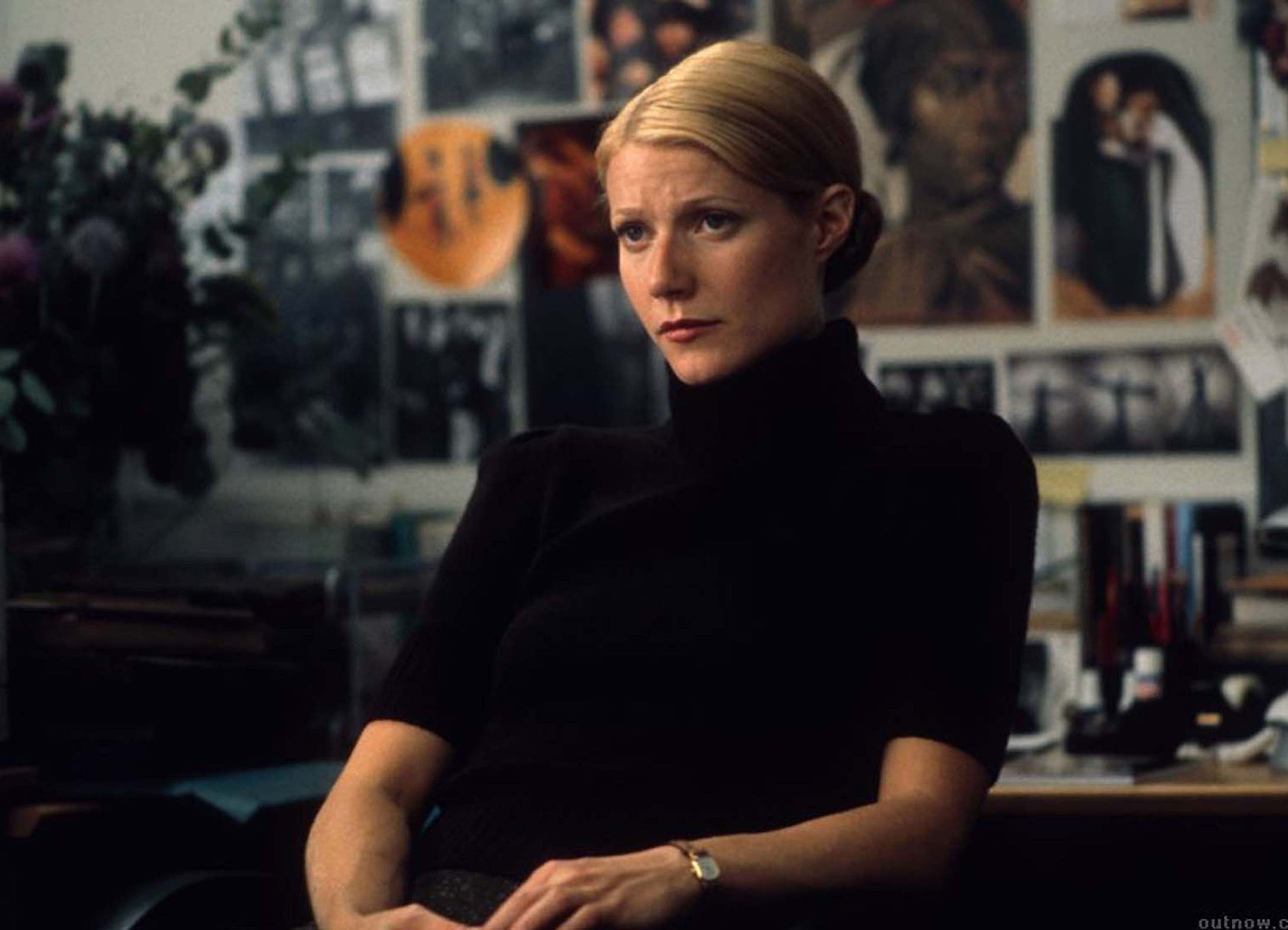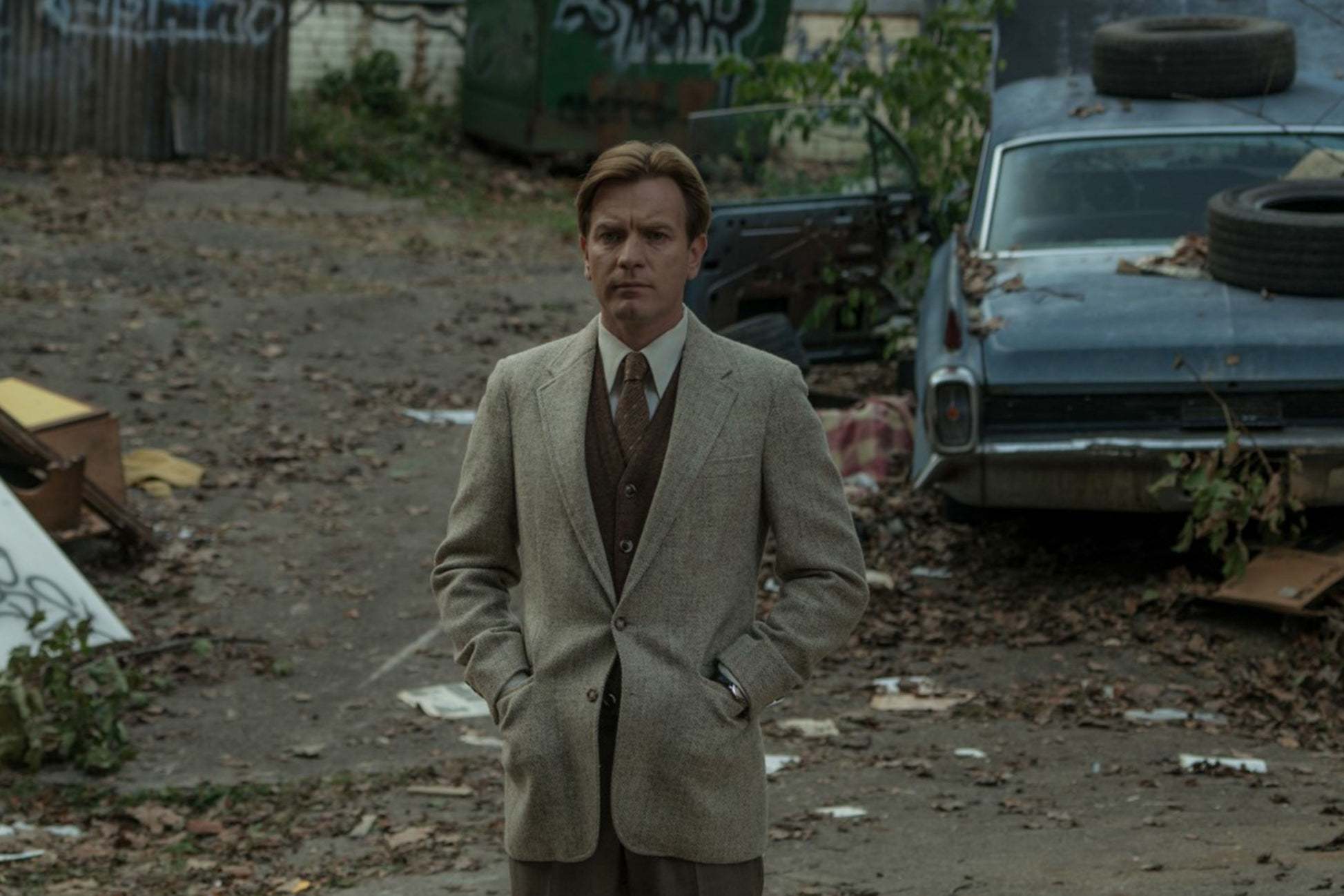'The Goldfinch' was one of the worst openings ever for Warner Bros – so why do literary bestsellers rarely make decent movies?
The film adaptation of Donna Tartt’s Pulitzer Prize-winning novel, which is out this week, is yet another casualty in the long line of best-selling books that fail to translate onto the big screen, writes Geoffrey Macnab

When renowned cinematographer Roger Deakins was shooting new movie The Goldfinch (adapted from Donna Tartt’s Pulitzer Prize-winning novel) in Amsterdam, the Dutch crew was astounded by his extreme perfectionism and attention to the minutest detail. Deakins insisted on all the low-wattage bulbs on one of the most famous bridges in the city being replaced because he needed more light. He went to great lengths to make sure the fake snow seen fleetingly from a hotel window fell over the city in just the right way.
You won’t find many more picturesque films this year than The Goldfinch, but that hasn’t helped it at the box office. “The Goldfinch bombs hard”, “one of the worst openings ever for Warner Bros”, “faces losses of up to $50m (£40m)” and “Goldfinch heads for crash landing” were just some of the headlines that followed the film’s US release, earlier this month.
The film, which has the backing of both Warner Bros and Amazon Studios, was released on over 2,500 screens, but after its opening weekend, posted revenues of only $2.6m on a reported budget of over $40m. Critics savaged it. It was, according to one reviewer, “a lifeless film that doesn’t consist of scenes so much as it does an awkward jumble of other, smaller problems stacked on top of each other like kids inside a trench coat”. Another called it “utterly flummoxing” and “completely fake”, more like “a Pinterest page or a piece of fan art” than a proper movie.
Such animosity betrayed the disappointment that many felt about a title expected to be a surefire Oscar contender. It had a respected director, John Crowley, whose other credits include the excellent Brooklyn (2015). Nicole Kidman, normally a guarantor of quality, was in the cast, and the film also starred Ansel Elgort from Baby Driver and The Fault in Our Stars. You would have thought there was enough in the mix to appeal to older and younger cinephiles and literary fans alike.

However, the film’s commercial failure underlined a home truth that producers are loath to recognise – namely that literary bestsellers rarely make decent movies.
Filmmakers have always been dependent on literature. From Harry Potter to James Bond, from It to Fifty Shades of Grey, books are behind most of Hollywood’s biggest recent successes. Teen novels, literary romances, horror, dystopian sci-fi and gangster stories have all been successfully translated to the screen.
As the demand for content increases, links between publishing and the film industry are drawing yet closer. Every self-respecting film festival now has its own “book into films” event at which big publishing houses and leading literary agents turn up to promote their authors to producers and distributors.
Nonetheless, this doesn’t mean that those rarefied, multi-layered literary novels, with stream of consciousness narrative styles and stories that flit back and forth in time, lend themselves any easier to screen adaptation.
Scan down the winners of the Booker Prize over the last 30 years. One or two obvious exceptions apart (The English Patient, Schindler’s Ark and The Remains of The Day), you won’t find many that have been turned into memorable movies.
There are as many misses as hits when it comes to the movies of Ian McEwan novels: Atonement was an Oscar-winning hit but more recent adaptations like On Chesil Beach and The Children Act failed to replicate its box office success, while the screen versions of Martin Amis’s work, such as The Rachel Papers, Dead Babies and London Fields, have generally turned out woefully.
When was there last a decent film version of an Iris Murdoch novel? The 1970 film version of Murdoch’s A Severed Head directed by Dick Clement (writer of The Likely Lads and Porridge) is one of the oddest, most absurd British movies of its era. The deeply eccentric drama stars Richard Attenborough as an unctuous, over-sexed psychiatrist, Claire Bloom as a Clytemnestra-like Oxbridge academic and middle-class, well-spoken London folk behaving as if they’re on leave from a Greek tragedy.
Likewise, AS Byatt’s Booker prize-winner, Possession – which flitted between present-day academia and the Victorian literary world – was too rich and too densely layered to be boiled down into a 100-minute feature film. Trade paper Variety summed up the problems facing its filmmaker Neil LaBute when he tried to customise the book for the screen. “Defies comprehensive cinematic adaptation. The book’s most distinguishing quality, its wizardry with words and form, remains untranslatable.”
Generally, the stronger the author’s voice, the more difficult it is to adapt a novel for the screen. JD Salinger may have influenced the work of filmmakers from Wes Anderson to Woody Allen, but no one yet has made a decent movie from one of his books. Saul Bellow and John Updike were titans of 20th-century American literature but that didn’t mean Hollywood paid much attention to them. Apart from The Witches of Eastwick (1987), which took considerable liberties with its source material, Updike’s fiction spawned no major screen successes.
Robin Williams gave one of his best non-comic performances as a struggling salesman whose life is coming apart in a 1986 adaptation of Bellow’s novella, Seize the Day, but that remains one of the few screen adaptations from Bellow’s work – and was made for TV anyway.

The 1992 made-for-TV version of Norman Mailer’s The Executioner’s Song, about the murderer Gary Gilmore, scripted by Mailer himself, seemed to buck the trend of literary novelists slipping up whenever they went anywhere near the screen. It boasted a searing performance in the central role from Tommy Lee Jones. The film, though, was based on a true story and had a clear narrative trajectory. It dealt with the final months in the life of its troubled anti-hero, in the lead up to his execution after the reinstalment of the death penalty in the US in 1976.
Richard Brooks’s 1967 adaptation of Truman Capote’s “nonfiction” novel In Cold Blood (1967) likewise followed its two delinquent anti-heroes, the drifters who had murdered the Clutter family in Kansas, on their way to death row. It had a documentary-like quality that was easy to follow on-screen. Audiences didn’t have to worry about unreliable narrators or interior monologues. Both films were reassuringly straightforward true crime stories, which have always been a staple of Hollywood storytelling.
When literary novels do work on screen, it is generally because filmmakers treat them in a cavalier fashion. Blake Edwards’s proudly superficial 1961 film of Capote’s novella Breakfast at Tiffany’s offered glamour in abundance, Audrey Hepburn in Givenchy gowns and glittering jewellery and the wonderfully syrupy song, “Moon River”. It was the opposite of the heavyweight literary adaptation that takes itself very seriously.
Tartt’s novel is over 700-pages long. It is a beautifully written meditation on grief, mother love, explosive coincidences and the enduring power of art, but The Godfather it isn’t. You don’t read it for the plot. The film adaptation begins promisingly and mysteriously with Theo Decker (played as a young adult by Elgort) in a hotel room in Amsterdam. We hear him in voiceover talking of a dream he had of the mother he lost. The story, though, soon begins to lurch in alarming fashion. One moment, it seems like a modern-day Dickensian tale of an abandoned boy making his way in an uncaring world. The next it turns into a half-hearted art heist thriller. Between times, characters listen to Beethoven and meditate on art, beauty and the impermanence of life.
The Goldfinch suffers from some of the same problems as the 2011 film adaptation of Jonathan Safran Foer’s novel Extremely Loud & Incredibly Close, about a boy struggling to cope with his father’s death during the 11 September attacks in New York. The films were caught between the desire to remain faithful to their source material, while also trying to make their stories accessible to a big mainstream audience. In both cases, it might have been wiser either to have made the films as more intimate, lower budget art-house dramas or have gone down the mini-series route. The box office failure of The Goldfinch follows on from that of Ewan McGregor’s 2016 screen adaptation of Philip Roth’s American Pastoral, another prize-winning novel that just didn’t click at the box office.
Hollywood is bound to continue making heavyweight literary adaptations. Film versions of Booker or Pulitzer Prize winners have a cultural prestige already behind them that can be leveraged when it comes to awards recognition. Actors are far more likely to get Oscar nominations for appearing in screen versions of Cold Mountain and The Reader than they are for taking roles in Dumb and Dumber and The Hangover. That, though, doesn’t mean the films will work out well.
There is a famous letter that Salinger wrote in 1953 to an admirer, Hubert Cornfield, who wanted to make a movie adaptation of The Catcher in the Rye. “I see my novel as a novel and only as a novel,” Salinger told Cornfield. “Should I change my mind in the future – which is extremely doubtful – I very probably would take on any casting and directing chores myself. Thank you for your interest but please take this as absolutely final.” Sixty-six years later, Salinger’s decision seems more sensible than ever.
‘The Goldfinch’ is released in the UK this week
Join our commenting forum
Join thought-provoking conversations, follow other Independent readers and see their replies
Comments